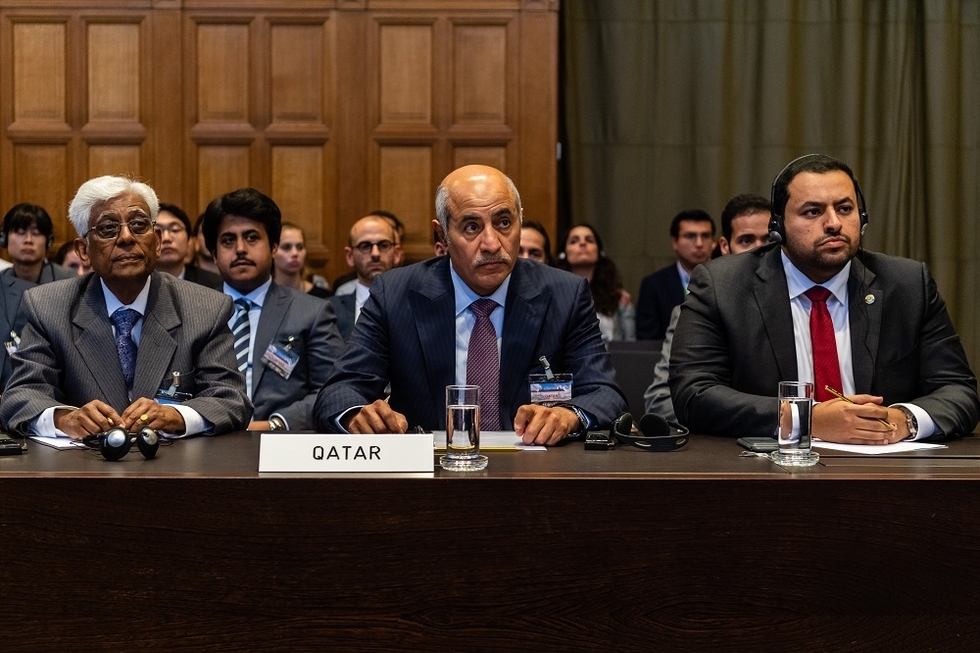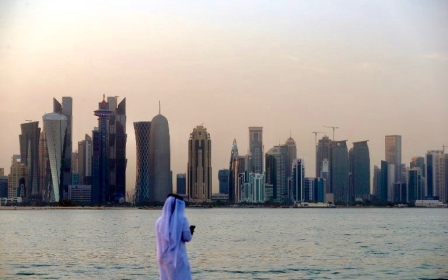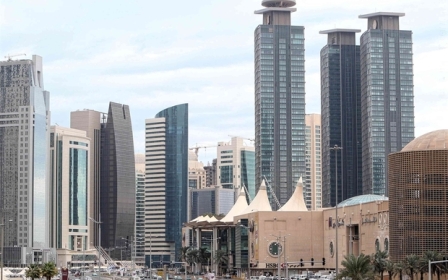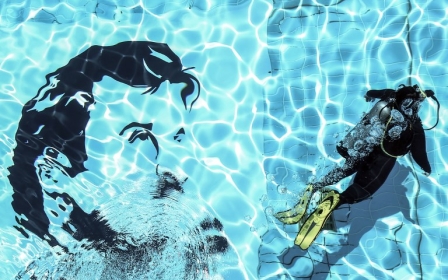Top UN court orders UAE to restore rights of Qatari citizens

A blockade of Qatar imposed by the United Arab Emirates last June "plausibly" infringed the human rights of Qataris living and studying in the country, the United Nations' highest court said on Monday.
In a court ruling, the International Court of Justice called on the UAE to allow families containing Qataris to be reunited, for Qatari students in the country to be allowed to complete their courses, and for Qataris to have their access to the UAE's judicial system restored.
"Many Qataris residing in the United Arab Emirates appear to have been forced to leave their places of residence without the possibility of return," said Judge Abdulqawi Ahmed Yusuf, referring to the measures imposed by the UAE on Qataris living in the country in June 2017.
He said that those affected included mixed Qatari-Emirati families who had been separated by the blockade, and Qatari students who had not been able to complete their education in the UAE.
The UAE ordered all Qataris to leave and imposed other restrictions as part of a blockade of Qatar imposed on 5 June last year in conjunction with Saudi Arabia, Egypt and Bahrain.
The four countries accused Qatar of promoting terrorism, supporting Iran and threatening their national security; allegations which Qatar denies.
In its application to the court, Qatar said that Qataris were being discriminated against as a consequence of the blockade and accused the UAE of breaching its obligations under the International Convention on the Elimination of All Forms of Racial Discrimination (CERD).
The Hague-based court said on Monday that it considered it "plausible" that Qataris living in the UAE had suffered discrimination as a consequence of the blockade, citing in particular Article 5 of CERD which guarantees the right to equal treatment by the judicial system; and civil rights including the right to marry and choice of spouse and the right of free movement.
It called on the UAE to ensure that all families including Qatari citizens which had been affected by the measures are reunited.
It said that Qatari students affected by the blockade should be given the opportunity to complete their education in the UAE or to obtain their educational records if they wished to complete their studies elsewhere.
And it said that Qataris should be "allowed access to tribunals and other judicial organs of the United Arab Emirates".
The order was passed by eight votes to seven by the court's panel of judges, Yusuf said. The court has yet to hear the full case.
In another order passed by 11 votes to four, the court called on both parties to "refrain from any action which might aggravate or extend the dispute before the Court or make it more difficult to resolve".
The ICJ is also set to consider a counter-case brought by the UAE, Saudi Arabia, Egypt and Bahrain which accuses Qatar of airspace violations.
'Full-scale media campaign'
In its original application to the court, Qatar also said the UAE had "directly incited hate speech" and been responsible for a "full-scale media campaign against Qatar and Qataris".
Documents submitted last year to the US Department of Justice's Foreign Agents Registration Unit revealed how the UAE's National Media Council ran a social media campaign in the US targeting Qatar at the time of the United Nations General Assmbly in New York.
Some social media users in the UK on Monday accused the UAE and Saudi Arabia of being responsible for prominent digital billboards displayed in London on Sunday that coincided with the beginning of a visit to the UK by Qatari Emir Tamim bin Hamad Al Thani.
"If a country was accused of paying $1 BILLION in a ransom to terrorist groups should they be welcome in the UK?" the billboards asked, referring to allegations reported by the BBC - and denied by Qatar - that Qatar paid the sum to secure the release of members of a royal hunting party kidnapped in Iraq last year.
A social media campaign using the hashtag #OpposeQatarVisit also gained some momentum on Sunday and Monday.
But others questioned the authenticity of the campaign.
Middle East Eye propose une couverture et une analyse indépendantes et incomparables du Moyen-Orient, de l’Afrique du Nord et d’autres régions du monde. Pour en savoir plus sur la reprise de ce contenu et les frais qui s’appliquent, veuillez remplir ce formulaire [en anglais]. Pour en savoir plus sur MEE, cliquez ici [en anglais].




